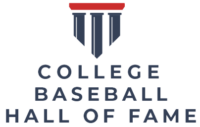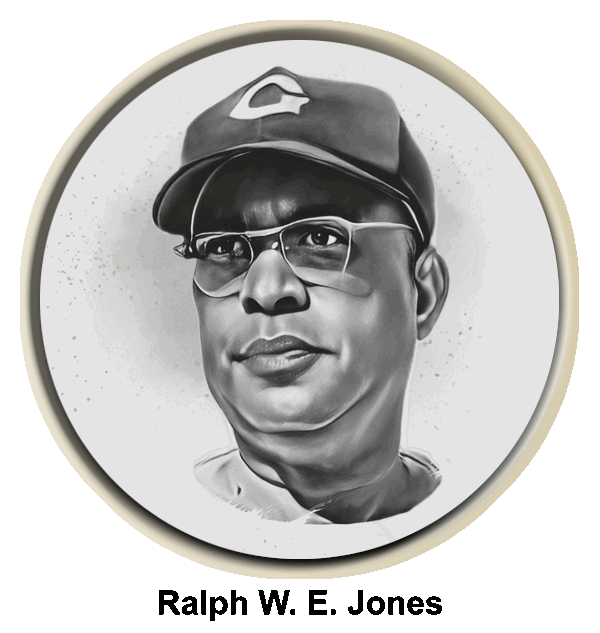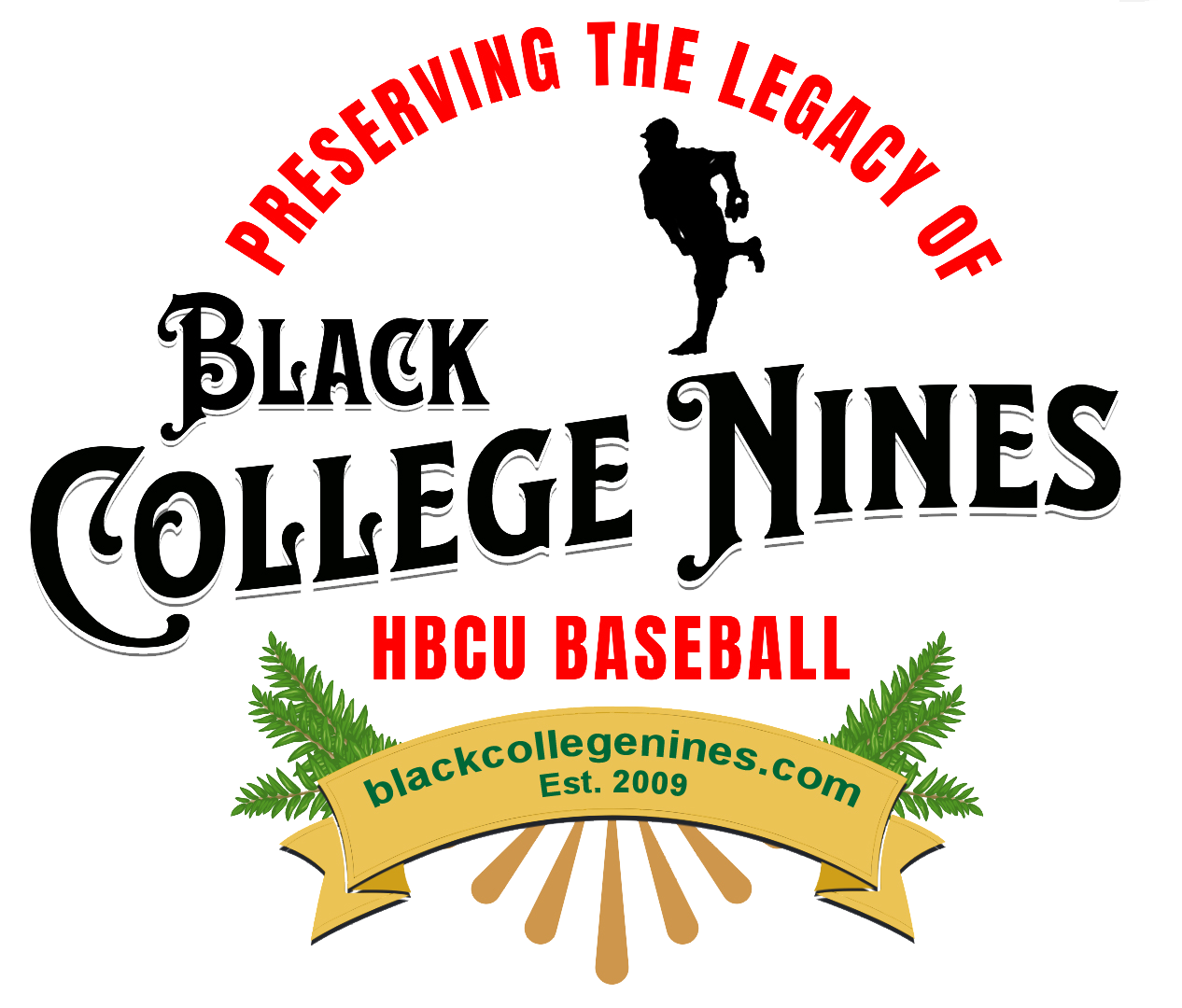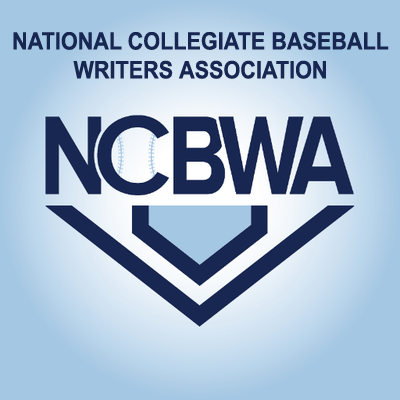 That Alsander Womack chose to play baseball probably came as no surprise. His father played in the major leagues for 13 seasons and forever has a place in MLB history.
That Alsander Womack chose to play baseball probably came as no surprise. His father played in the major leagues for 13 seasons and forever has a place in MLB history.
Tony Womack doubled off Yankees stalwart closer Mariano Rivera to drive in the tying run in the bottom of the ninth in Game 7 of the 2001 World Series. The hit helped the Arizona Diamondbacks win the game, 3-2, and the Series.
Despite having that pedigree, the younger Womack said he never felt pressured or forced into taking up his father’s game.
“I tried other sports. I played basketball and a little bit of football and soccer in high school,” Alsander said. “But I was just never as good at them as baseball and never had the love for them as I have for baseball.
“I feel like my dad let me choose my own path. He just kind of kept telling me that I have a promising future in the sport if I keep working.”
Norfolk State coach Keith Shumate noticed as well.
Shumate, who spent 15 years as the coach at rival North Carolina A&T, joined the NSU staff in 2017 as hitting instructor under former coach Claudell Clark. A few days into workouts, Clark asked Shumate what he thought about the Spartans’ offensive capabilities.
Shumate rattled off a couple of names then changed the inflection of his voice for emphasis when talking about a third.
“I said, ‘That little second baseman (Womack) has a chance,’ ” Shumate said. “(Clark) said, ‘You can tell already?’ ”
Shumate answered affirmatively, and his snap judgment of Womack turned out to be spot on.
 As a freshman, Womack earned Louisville Slugger Freshman All-American honors after hitting .314 with five homers, 31 RBIs and 13 stolen bases. This season, despite battling some injuries and being forced to DH more, he is hitting .416 (seventh in the nation) with a homer and 28 RBIs in addition to a stellar .483 on-base percentage.
As a freshman, Womack earned Louisville Slugger Freshman All-American honors after hitting .314 with five homers, 31 RBIs and 13 stolen bases. This season, despite battling some injuries and being forced to DH more, he is hitting .416 (seventh in the nation) with a homer and 28 RBIs in addition to a stellar .483 on-base percentage.
His performance has helped the Spartans to a 14-7 mark in the MEAC Northern Division, one game behind Coppin State heading into a weekend series at Maryland-Eastern Shore.
Shumate, who took over for Clark last season, said Womack had skills that showed he was well-schooled in the game.
“He already possessed things on Day One that you have to teach in Division I baseball,” he said. “He stayed through the baseball, and when you see a freshman who does that and does not abandon it, you have something special.
“He has plate coverage. He uses the entire field, and that’s a big part of what makes him a great hitter. The hit tool … is the most coveted tool there is. There are lots of guys who have ‘5 o’clock power.’ But at 7 o’clock, they can’t get on base. If they aren’t hitting homers, they can’t affect the game. How many guys hit .400 in any league?”
Womack said the area he has improved most is his mental approach to hitting: studying pitchers, knowing scouting reports ahead of time and knowing what tactics a particular pitcher might use against him.
But Womack takes pride in his defense, too. He said that is an area his father has stressed in their years of working out together, even going so far to say he might be better in the field than at the plate.
One of the keys to that, Shumate said, is Womack will not let his offensive performance affect his defense.
“If I can’t get a hit today,” Womack said, “I’m going to make sure nobody gets a hit today.”
Added Shumate: “It’s being in the right place, at the right angle for cutoffs and relays. It’s the way he tags. On the double play, he is short and quick. There’s less footwork. That’s the secret to double plays, not more footwork. He always feeds the ball to the shortstop in the right place.”
Womack said it is helpful to have his father as a built-in resource. While he has complete confidence in Shumate and his staff, he doesn’t hesitate to call on his father when he needs an extra pick-me-up for his game.
Sometimes, he said, his father will drop everything and drive up from their home outside of Charlotte, N.C., to work on fielding or hitting. Sometimes Womack will text a video for his father to analyze.
In the immediate future, he is working toward helping the Spartans win the program’s first MEAC title and earn an appearance in the NCAA Tournament. Down the road, he, indeed, hopes to be playing in the major leagues.
“Since I was growing up, I always wanted to play pro baseball,” he said, “and I feel every year I get closer and closer. It has been a blessing to put up the numbers I have, but I know my work isn’t done.”
Shumate said he believes Womack will get the chance to make the majors. He has talked to Womack about fine-tuning his physical fitness to play a little “leaner” in 2020, after which he would become draft eligible.
 Beyond that, Shumate said, he believes all the tools are in place for Womack to play at the next level. That includes the intangibles.
Beyond that, Shumate said, he believes all the tools are in place for Womack to play at the next level. That includes the intangibles.
“He just has that ‘it’ factor,” the coach said. “He has that confidence. People admire and follow him. He just has that kind of charisma. He’s so darn competitive on the field, but he’s just so darn funny. Everybody gravitates to him.”
There are, Shumate said, two types of pro scouts: smart scouts and really smart scouts. Smart scouts, he said, will see Womack’s hitting ability but look at other parts of his game and say they are average. Really smart scouts will notice Womack doing all the little things in other parts of his game.
Shumate would know. During his long career, he has coached 16 players who have been drafted — including current Baltimore Orioles outfielder Cedric Mullins at Louisburg College — or signed as free agents. He believes Womack can be No. 17.
“The really smart scouts go beyond the smart scout and go beyond the physical tools,” Shumate said. “It’s how you play the game.”
Chuck Curti is a sports writer/copy editor for the Tribune-Review in Greensburg, Pa. See more of his work at triblive.com/sports or follow him on Twitter, @CCurti_Trib.





































